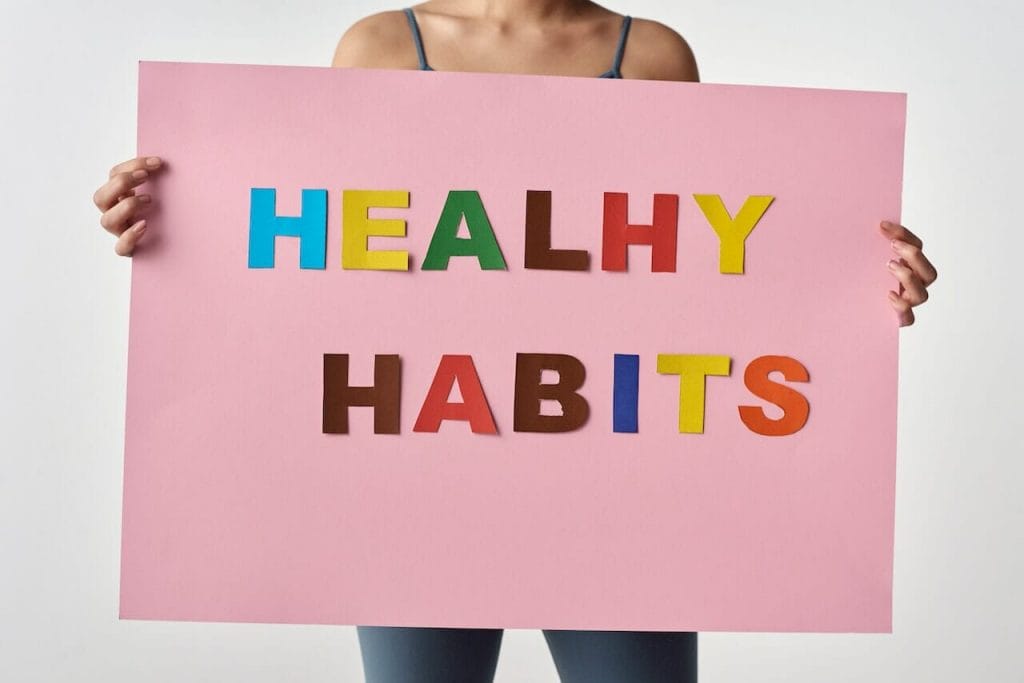We live in a fast-paced world where stress is almost unavoidable. Whether it’s work, relationships, or health concerns, stressors abound. But how does stress impact your body, and what does it mean for your fitness and diet? Let’s explore this important topic and provide recommendations for effective stress management strategies.
The Impact of Stress on Your Body
When you’re stressed, your body goes into ‘fight or flight’ mode, releasing hormones like adrenaline and cortisol. This is useful in short-term, high-pressure situations. However, chronic stress, where these hormones are continuously elevated, can lead to negative health impacts. These include impaired immune function, digestive issues, sleep disturbances, and even increased risk of heart disease. Moreover, chronic stress can lead to mental health problems like depression and anxiety.
Stress, Fitness, and Diet
Stress can significantly impact your fitness journey and dietary habits. Here’s how:
- Decreased Motivation: Stress can sap your energy and motivation, making it harder to stick to your exercise routine or maintain a healthy diet.
- Increased Cravings: High cortisol levels can trigger cravings for high-sugar, high-fat comfort foods, potentially leading to weight gain.
- Impaired Recovery: Stress, particularly when paired with inadequate sleep, can impair muscle recovery and growth after workouts.
Common Stressors
Identifying your stressors is the first step towards effective stress management. Some common ones include:
- Work-Related Stress: This can stem from high job demands, long hours, workplace conflict, or job insecurity.
- Relationship Stress: Issues with partners, family, or friends can be significant sources of stress.
- Health-Related Stress: Chronic illness, injury, or even stress about maintaining a healthy lifestyle can contribute to overall stress levels.
Overcoming and Managing Stress
Effectively managing stress is crucial for both your overall health and your fitness journey. Here are some strategies:
- Regular Exercise: Exercise is a powerful stress-buster. It can boost your mood, serve as a positive distraction, and improve sleep. Choose activities you enjoy to ensure consistency.
- Balanced Diet: Nutrient-dense foods can help manage stress levels. For example, complex carbs can increase serotonin levels, promoting feelings of calm and relaxation.
- Adequate Sleep: Poor sleep can exacerbate stress. Establish a regular sleep schedule, create a relaxing bedtime routine, and ensure your sleep environment is conducive to rest.
- Mindfulness and Relaxation Techniques: Practices like yoga, meditation, deep breathing, or even spending time in nature can help lower stress levels.
- Social Support: Connecting with supportive friends, family, or a mental health professional can be incredibly beneficial. Don’t hesitate to seek help if stress is overwhelming.
Remember, stress is a part of life, but it doesn’t have to take over your life. By understanding its impact and actively working towards effective stress management, you can maintain your fitness progress, ensure a balanced diet, and most importantly, improve your overall quality of life.



